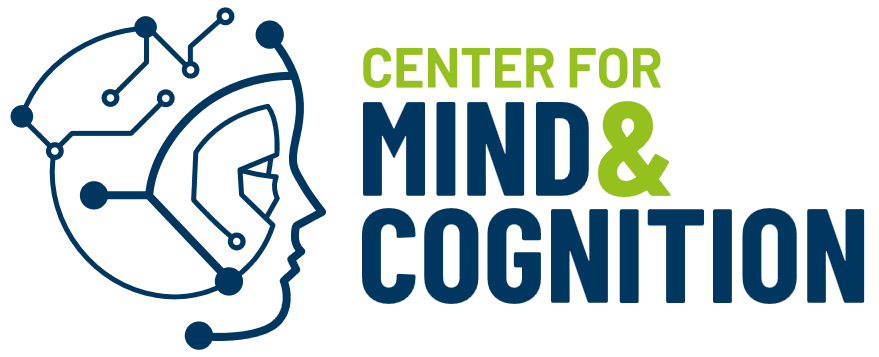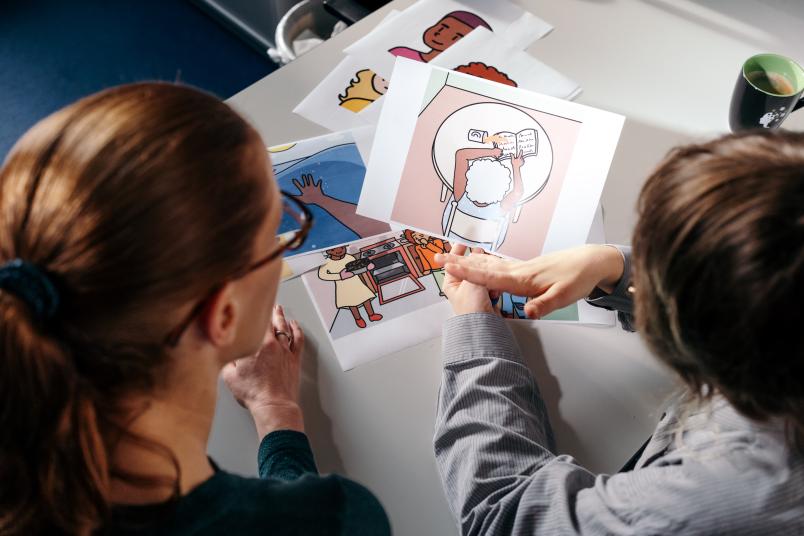Hidden Messages
Our choice of words often reveals more than we realize – for example, about whether we have experienced what we are talking about first-hand or not.
‘Mia stopped drinking coffee.’ A simple statement. And yet, this sentence can be used to communicate so much more. Not only do we learn that Mia does not currently drink coffee, but also that she used to drink coffee. Depending on who utters this sentence and how, it can also mean that the fact that Mia does not drink coffee might be a problem. Perhaps because there is only coffee in the house. Alternatively, it could be interpreted as Mia following a healthier lifestyle by giving up coffee.
“Up until some ten or 15 years ago, philosophical models of communication were still based on the assumption that communication involves exactly one speaker and one hearer. These models assume that the two would be perfectly rational and fully attentive, would strive to increase their shared knowledge, and would literally say what they mean. But this isn’t realistic,” believes Professor Kristina Liefke. She is Junior Professor of Philosophy of Information and Communication at Ruhr University Bochum.
Within the research unit “Constructing scenarios of the past: A new framework in episodic memory” (FOR 2812), Kristina Liefke and her colleagues are analyzing information that is indirectly communicated, but not directly expressed in a statement.
For the full article, visit RUB News


